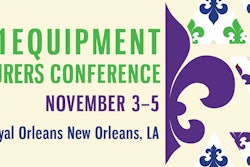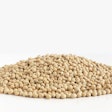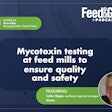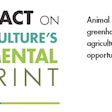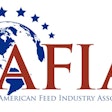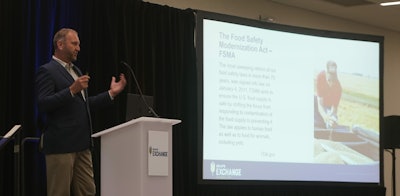
When it was announced in 2011, the Food Safety Modernization Act (FSMA) seemed like an insurmountable obstacle for the grain handling industry.
Constant FDA audits, mountains of paperwork and endless red tape seemed inevitable.
Perry Nettles, South Regional manager at Ecolab, returned to GEAPS Exchange 2021 to give the company's third -- and probably last-- talk on the subject.
During the sessionFSMA Leaves No Room for 'Good Enough:' Is Your Facility Prepared for an FDA Auditor?, Nettles' message was that FSMA is not the monster it was feared to be.
Visits from FDA auditors are more frequent than they used to be but are less in-depth than initially feared. Grain handlers are exempt from much of FSMA, and though the FDA has more power when requesting records than before, facilities that keep proper records and have trained their staff on what to do during an audit should have little to worry during their FSMA audits.
That doesn't mean that Nettles didn't have tips for what to do when the FDA comes knocking.
- FDA auditors are people too, be respectful of their time and be kind. Though it's not a guarantee, an auditor in a bad mood could be more critical during their inspection.
- Only answer questions you have been asked. The more a facility representative talks during the audit, the more likely they will get tripped up. Answer the question they ask, but there's no need to give more information than is requested.
- Have a presentable facility. Rust, dirt, standing water, mold, defunct equipment and clutter may not be affecting the quality of a facility's grain, but it makes a wrong impression. A FSMA auditor doesn't need proof that grain has been adulterated by any of these factors, just that it could feasibly be adulterated by it.
By following these tips and having two to four employees trained on how to handle an inspection, visits from the FDA should just be a hassle.
For more GEAPS Exchange 2021 coverage go tofeedandgrain.com/GEAPS.








